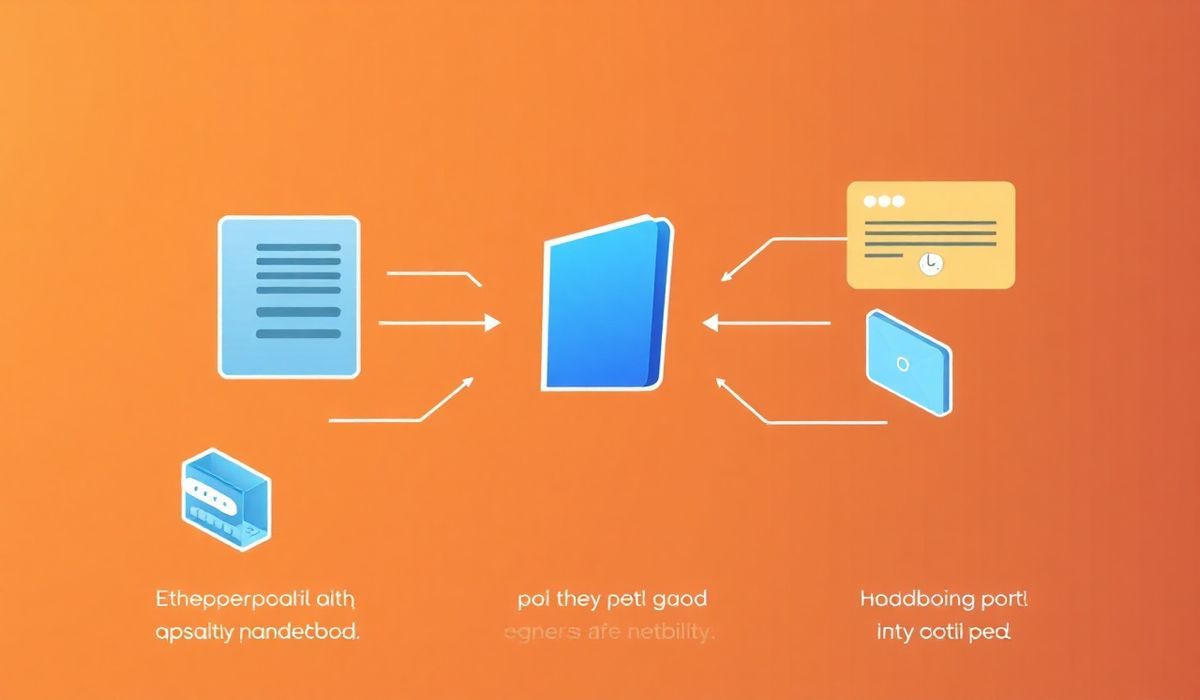Introduction to Lark Parser
Lark is a powerful parsing library for Python, designed to handle complex grammars with speed and efficiency. This article delves into the uses and functionalities of the lark-parser, providing numerous API examples and application use cases.
Getting Started with Lark Parser
To install Lark, you can use pip:
$ pip install lark-parser
Basic Usage
Create your first parser:
from lark import Lark
grammar = ''' start: "hello" NAME NAME: /\\w+/ %import common.WS %ignore WS ''' parser = Lark(grammar)
tree = parser.parse("hello world") print(tree)
API Examples
Using Transformers
Transformers are used to convert the parse tree into a user-friendly format:
from lark import Lark, Transformer
class TreeToDict(Transformer):
def NAME(self, name):
return str(name)
grammar = ''' start: "hello" NAME NAME: /\\w+/ %import common.WS %ignore WS ''' parser = Lark(grammar, parser='lalr', transformer=TreeToDict()) tree = parser.parse("hello Lark") print(tree)
Using Visitors
Visitors allow traversal of the parse tree:
from lark import Lark, Visitor
class MyVisitor(Visitor):
def NAME(self, tree):
print("Visited:", tree)
grammar = ''' start: "greet" NAME NAME: /\\w+/ %import common.WS %ignore WS ''' parser = Lark(grammar) tree = parser.parse("greet Lark") MyVisitor().visit(tree)
Custom Parsing
Define a custom parsing rule:
from lark import Lark
grammar = ''' start: item ("," item)* item: "item" NUMBER %import common.NUMBER %import common.WS %ignore WS ''' parser = Lark(grammar)
tree = parser.parse("item 1, item 2, item 3") print(tree)
Application Example
Let’s create a simple app that calculates expressions using Lark parser:
from lark import Lark, Transformer
class CalculateTree(Transformer):
def NUMBER(self, n):
return int(n)
def add(self, items):
return items[0] + items[1]
grammar = ''' start: addition addition: NUMBER "+" NUMBER -> add %import common.NUMBER %import common.WS %ignore WS ''' parser = Lark(grammar, parser='earley', transformer=CalculateTree())
tree = parser.parse("3 + 4") result = tree print(result)
With this setup, you can extend the calculator to handle more operations and complexities. Lark parser provides a flexible and powerful way to handle custom grammars in Python.
Hash: 0dca9558c926364dbbfb43e783a52d612a476b845a161686f0238807a66a475e




